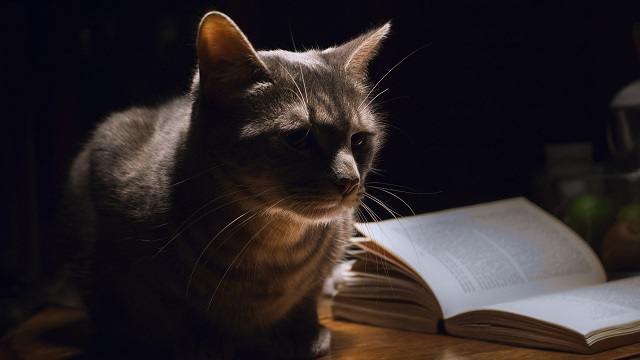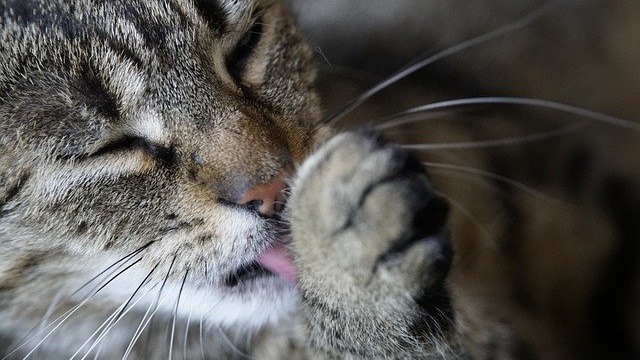It is a pretty amazing experience to see the domestic cat mimic the same behaviour that big cats employ in the wild. It is also amusing to understand why they display a particular conduct when interacting with us and their surroundings.
As it is a major challenge for plenty of owners, we thought it would be interesting to discuss the mysteries that lie beyond the cat’s characteristic schedule of activity! Understanding this will enable you to set a solid ground bond with your beloved kitten, that will last for many years to come.
A journey throughout the evolutionary history
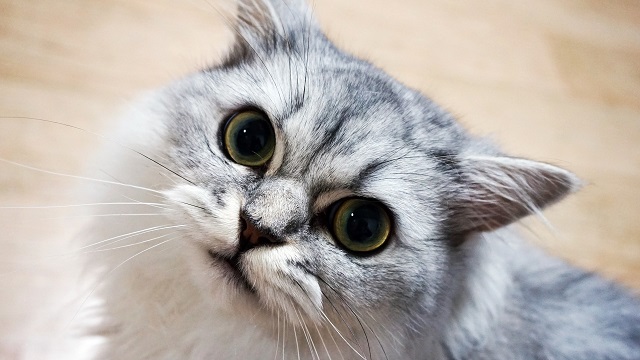
Knowing a little more about felines’ evolutionary history helps us to better understand domestic cats… And hopefully to better cope with some desperately crazy behaviours as well.
The ancestral environment of the cat was very different from the typical home environment they share with us today. In order to meet their nutritional requirements, they had the need to locate, stalk and hunt small species of rodents, birds, reptiles, amphibians and even insects, which are usually more active early in the morning or late in the evening.
That is exactly why small wild felines are on their game during dusk and dawn! However, that does not mean they are nocturnal. They are crepuscular animals instead, a difference that is worth notice.
Nocturnal versus crepuscular
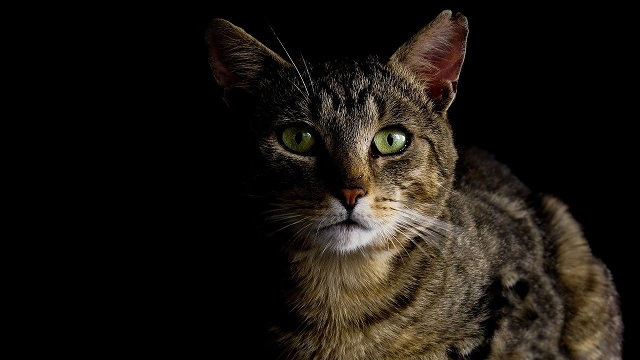
Truly nocturnal animals, such as raccoons and owls, roam around throughout the night, taking advantage of the darkness to hunt their prey. Having a dark night sky is more than just an opportunity to be covert though. Hippos and lions for example, have developed night habits to avoid heat, and other species, like newly hatched sea turtles, rely on the moon and stars to reach the ocean.
Crepuscular animals, on the other hand, want to have it all by taking advantage of the receding daylight and darkness to capture the best of the daytime and nighttime worlds. Such wise specimens these fellows… And there’s a very smart reason for picking these dimly lit in-between hours to be active: crepuscular critters are avoiding predators.
Let’s dig in a little more…
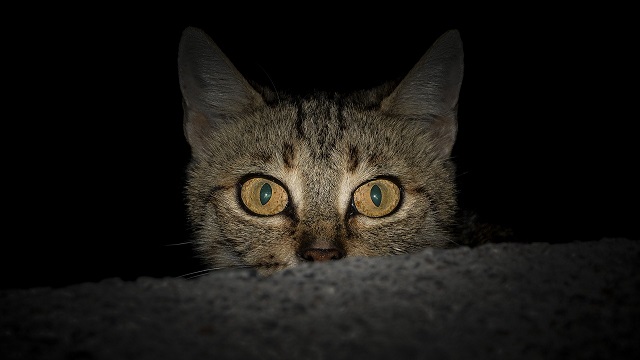
There are plenty of other biological features that enabled cats to adapt to the dusk and dawn. Having a slit-shaped retina, for example, is one of them, allowing them not only to see in dim light, but also making it ideal for crepuscular animals to lie in and wait (for long periods of time) before pouncing on their prey. This explains why your kitty can easily pounce on your toes in even the darkest room.
Cat’s sleeping and restful dreaming habits are also quite curious and completely different from their human housemates… Which may give room for some unsynced relationships. Back in the wild, to stay safe and fed, felines depend on the ability to instantly switch from dozing mode to an aware, fully operational state. We all know that house cats do not have to make a big fuss about getting a delicious meal, but that does not mean they have lost their instinct.
Ever wondered how your kitty has sudden bursts of activity? The answer is simple: power napping! Needing up to eighteen hours of sleep per day (even more if juvenile), cats choose to rest in a continuous 24-hour cycle of naps instead of a single long snooze. They are highly productive in storing and wasting their precious energy. To make the most of these active periods, they usually seek for those enthusiastic and crazy session plays we are all acquainted with.
It is impossible to manage my cat’s behaviour then?
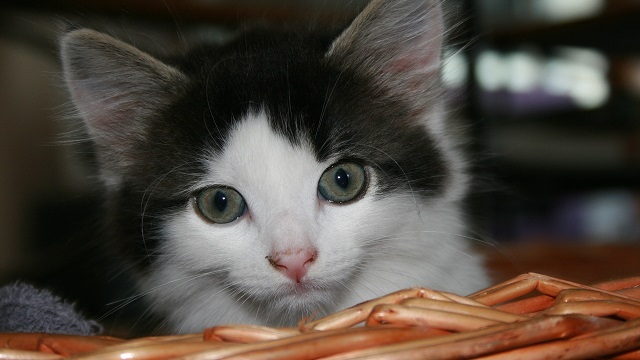
Now that you know why do cats go crazy at night, you might be wondering – how can I deal with this? We are glad to announce that a cat’s explosive crepuscular behaviour is indeed manageable! You can now have a glimpse of light at the end of the tunnel. And guess what is on the other side? A relaxing night of sleep, without the risk of becoming a prey in-between your cat’s claws.
There are some tricks you can rely on to waste your furry friend’s energy during the day. Try the following ones:
- Rule out medical problems first;
- Do not reinforce undesirable behaviours by answering to your cat’s demands;
- While you are away during daytime, provide mental and physical stimulation by setting an enriched environment. An automatic dispenser toy, a scratching post and some hiding spots are good examples;
- Engage on a fun and active play session in the evening;
- Get in touch with your Findster Care vet and design a personal plan;
- If nothing else works you can simply shut the bedroom door and hopefully wait for your cat to get bored!
So, why do cats go crazy at night? Laid back or not, our cats still manifest their natural feline instincts and the twilight hours are precisely when they better display their spirited personality!



